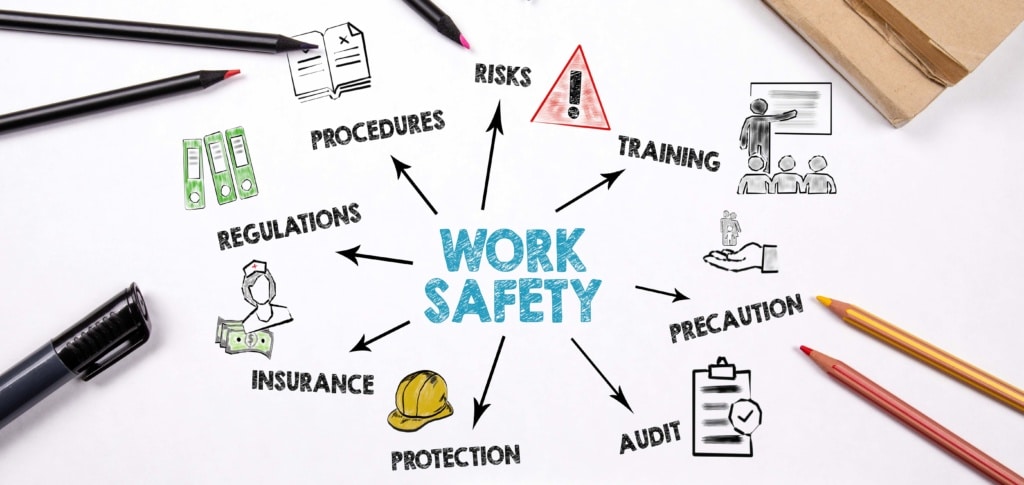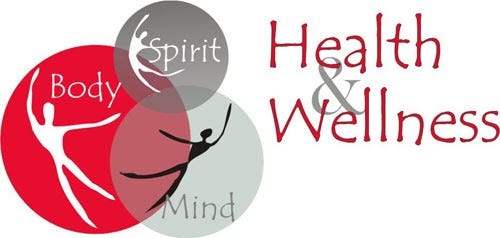Health is important for everyone, yet many people don’t realize how much Health Departments do to keep us safe and well. Their work goes far beyond giving vaccines or inspecting hospitals. They provide a wide range of services that protect your body, mind, food, and environment.
This guide explains the most important services offered by Health Departments in simple words so you can see why they matter to you and your family.
Table of Contents
Basic Health Care Support
One of the main roles of Health Departments is to make sure basic health services are available to everyone, including those without private doctors.
They:
- Provide free or low-cost immunizations.
- Offer tests for conditions like diabetes and high blood pressure.
- Advice on daily habits that keep you healthy.
This ensures no one is left behind when it comes to essential medical care.
Health Education and Awareness Programs
Health Departments don’t just treat illnesses—they help you avoid them. They run classes, workshops, and events that teach people how to live healthier.
For example:
- They show you how to improve gut health by eating fiber-rich foods, drinking enough water, and avoiding too much junk food.
- They share tips on how to improve mental health by getting enough sleep, exercising, and talking to someone when you feel stressed.
- Some programs even teach relaxation and breathing techniques to reduce anxiety.
Learning these habits early helps you make smarter choices, keeping your family healthier and happier over time.
Disease Prevention and Control
Another big part of their job is stopping diseases before they spread. Health Departments:
- Track outbreaks like the flu or COVID-19.
- Provide vaccines and safety information.
- Teach simple hygiene practices, such as washing your hands.
These efforts keep schools, workplaces, and neighborhoods safer.
Nutrition and Food Safety Services
What you eat affects your health every day. Health Departments run programs that help you choose better foods and keep meals safe.
They answer common questions such as:
- Is milk good for health? For most people, yes—it provides calcium for strong bones.
- Is coffee beneficial to health? In small amounts, it can boost energy, but too much may disturb sleep.
They also inspect restaurants, markets, and food shops to ensure what you buy is clean and safe.
Mother and Child Health Programs
Good care early in life leads to healthier children. Health Departments provide programs that protect mothers during pregnancy and help babies grow strong.
They offer:
- Prenatal care: Regular check-ups, ultrasounds, and advice on safe diets.
- Nutrition guidance for new moms: Support to eat balanced meals that improve recovery and help with breastfeeding.
- Vaccinations for infants: Shots to protect babies from serious diseases like measles, polio, and whooping cough.
Some programs even include parenting classes, breastfeeding help, and child development information. These services prevent future health problems and support stronger families.
Environmental Health and Safety
A clean environment is key to good health. Health Departments make sure:
- Drinking water is safe and free of harmful germs.
- Public areas—like parks and schools—don’t contain dangerous chemicals.
- Waste is managed properly to avoid pests and disease.
Some departments also monitor air quality, check pollution levels, and inspect swimming pools. Clean surroundings mean fewer illnesses and a healthier community.
Emergency Preparedness and Response
When disasters happen, Health Departments act quickly. They prepare for:
- Natural disasters: Setting up shelters, providing clean water, and preventing disease after floods or earthquakes.
- Disease outbreaks: Organizing quick testing, vaccinations, and safety instructions.
- Chemical spills: Checking air and water quality, warning people, and helping clean up.
They also train emergency teams, stock medical supplies, and share safety tips so communities can recover faster.
Health Screenings and Early Detection
Catching health problems early saves lives. Health Departments provide low-cost or free tests, including:
- Cancer screenings to detect diseases at an early, treatable stage.
- Blood pressure checks to prevent heart problems.
- Vision and hearing exams to support learning, work, and daily life.
They may also test cholesterol, blood sugar, and dental health. Early action means fewer serious problems later.
Health Information Management
You may wonder, why is Health Information Management important? Keeping medical records safe and organized improves care.
Health Departments use these records to:
- Track vaccinations.
- Monitor disease trends in communities.
- Share accurate data during emergencies.
This system protects your details and helps doctors make better decisions for your health.
Partnership with Community Programs
Health Departments often work with local organizations—like Haven Health—to reach more people. These partnerships help them:
- Offer free clinics for check-ups and vaccines.
- Support low-income families with food and transport for appointments.
- Provide extra mental health resources, such as hotlines and counseling.
When they join forces with community programs, everyone benefits.
Promoting Healthy Lifestyle Choices
They encourage small, daily changes that make a big difference:
- Eat more fruits and vegetables.
- Exercise or walk for 30 minutes.
- Drink water instead of sugary sodas.
These habits lower your risk of heart disease, obesity, and other health problems.
Tobacco, Alcohol, and Drug Prevention
Health Departments run campaigns that explain why harmful habits are dangerous and how to quit them:
- Smoking: Causes lung disease and cancer. They offer free quit programs and tools.
- Alcohol: Too much affects your liver, safety, and mental health. They provide tips for safer drinking.
- Drugs: They connect people with treatment centers and support groups to fight addiction.
These efforts save lives and make communities safer.
School Health Programs
Schools are key places for health education. Programs include:
- Teaching kids good hygiene habits.
- Providing vision tests for better learning.
- Offering emotional counseling to handle stress or bullying.
Healthy children attend school more often, focus better, and perform well in class.
Mental Health Support
Health Departments care about emotional health, too. They provide:
- Counseling services.
- Stress management workshops.
- Hotlines for people who need immediate help.
They teach simple ways to improve mental health—like staying active, connecting with friends, and asking for help when needed.
Support for Senior Citizens
Older adults need extra support to stay safe and independent. Health Departments provide:
- Free flu shots to prevent serious illness.
- Fall-prevention classes to reduce injuries.
- Nutrition tips to build strong bones and maintain energy.
Some also offer home visits, social programs, and screenings to keep seniors healthy and connected.
Sexual and Reproductive Health Services
They provide private, confidential help for:
- Birth control education to prevent unplanned pregnancies.
- STD testing and treatment to stop infections early.
- Pregnancy counseling for prenatal care, adoption options, and parenting support.
These services empower people to make informed choices about their health and future.
Workplace Health and Safety
Keeping employees safe is another priority. Health Departments:
- Test factory air quality.
- Check chemical storage and safety training.
- Ensure protective gear is available for workers.
They also review emergency plans for accidents and provide safety training, reducing injuries and improving work conditions.

Community Outreach Programs
Not everyone can reach clinics easily. Health Departments bring care to people by offering:
- Mobile health vans.
- Free testing camps.
- Awareness booths at community events.
This makes health care more accessible to everyone.
Support for People with Disabilities
They help people with disabilities live healthier, more independent lives by:
- Ensuring equal access to medical care.
- Providing special transportation to clinics.
- Offering education on managing health conditions.
Some even supply mobility aids, therapy, and financial guidance, helping families improve their quality of life.
Research and Data Collection
Health Departments gather and study health data to improve future care. Their research helps:
- Develop better treatments and vaccines.
- Track health trends to prevent outbreaks.
- Strengthen emergency responses to save more lives.
Sharing this data with hospitals and schools builds stronger, healthier communities.
Final Thoughts
Health Departments do far more than most people realize. They protect your body, mind, food, and environment. They teach you how to improve gut health, manage stress, and answer everyday questions like is milk good for health or is coffee beneficial to health.
They also work with organizations like Haven Health to ensure everyone has access to care. Their advanced Health Information Management systems make health services safer and faster.
By using these services, you can stay stronger, prevent sickness, and protect your family’s well-being.
At Five Star Coder, we believe in the same values—reliable information and smart technology. We create secure, user-friendly digital solutions that help organizations manage data, improve efficiency, and deliver better services. If you need expert help building trusted online systems, our team is here for you.
